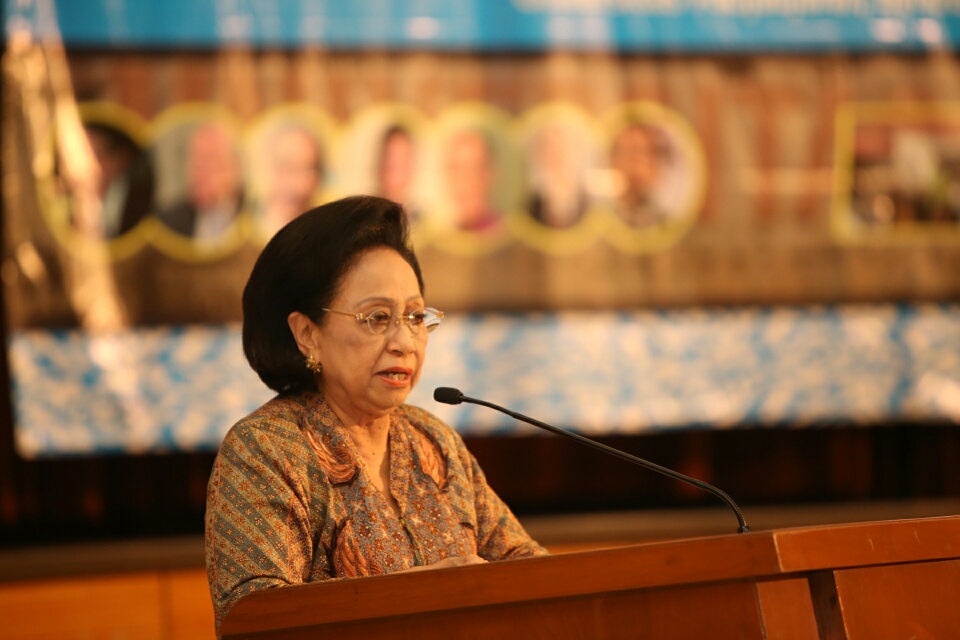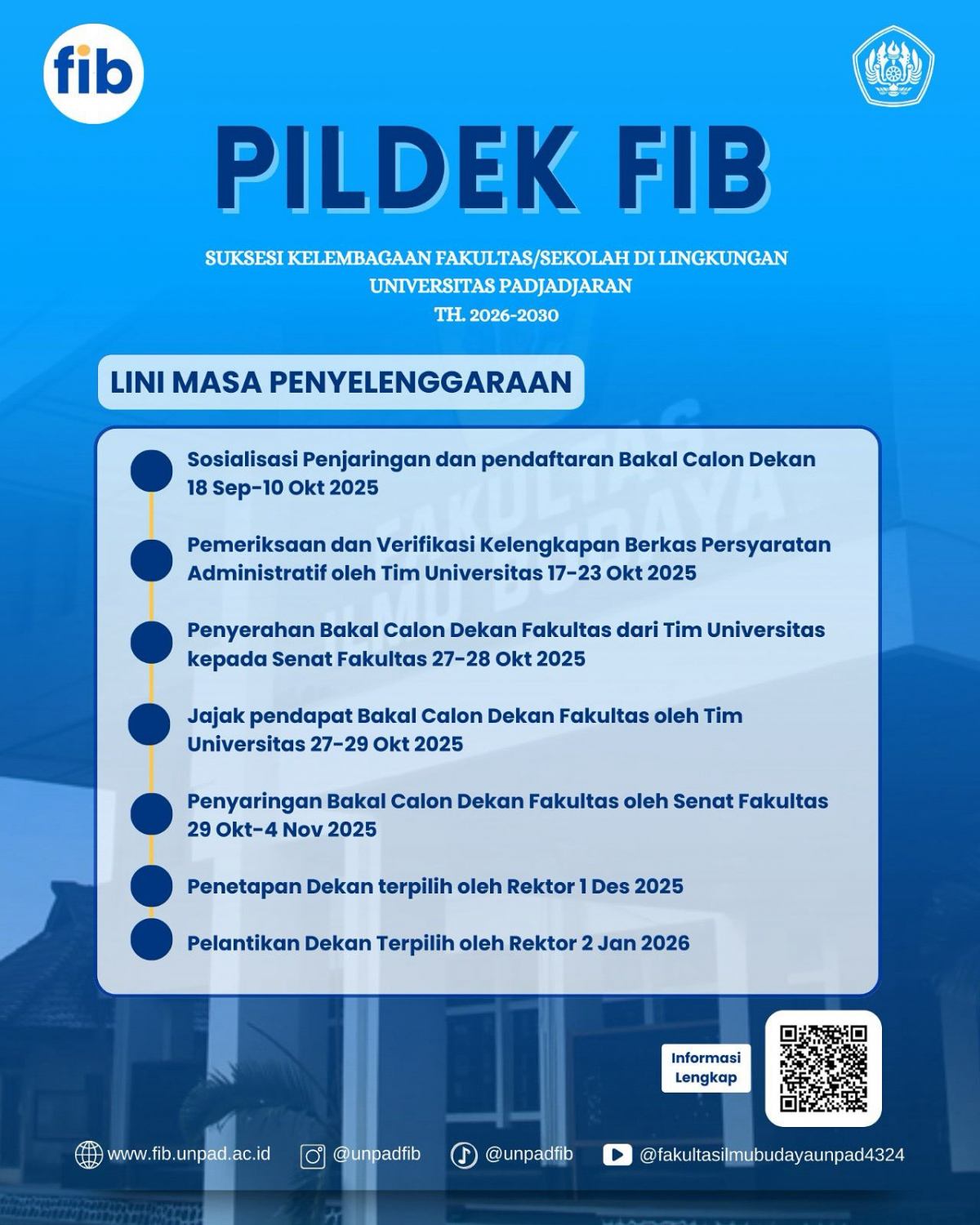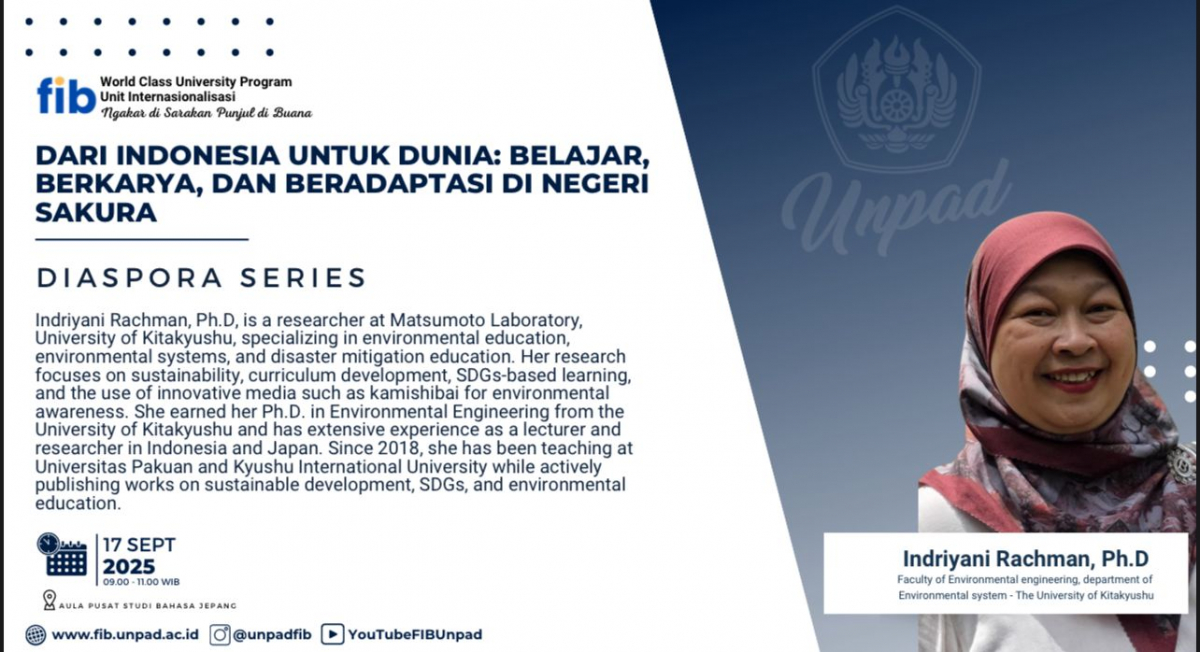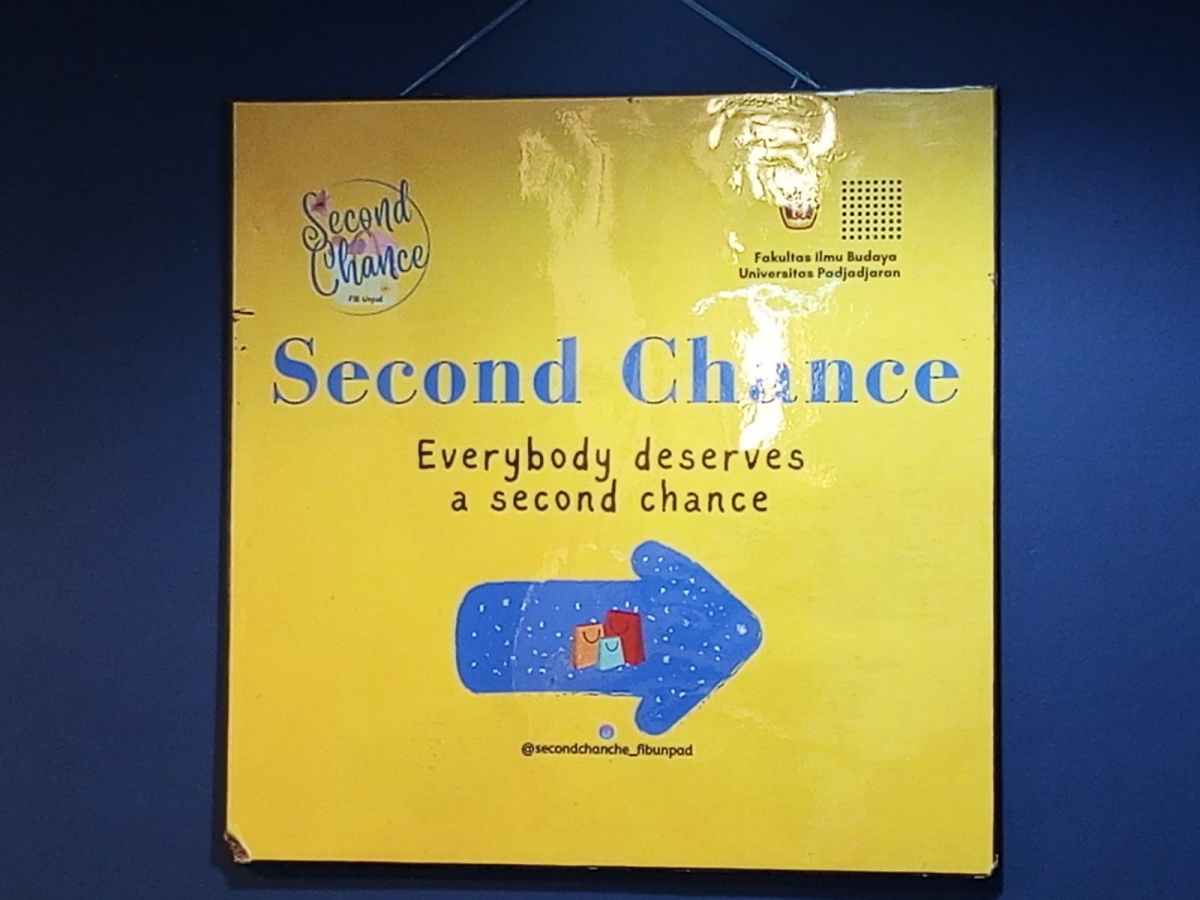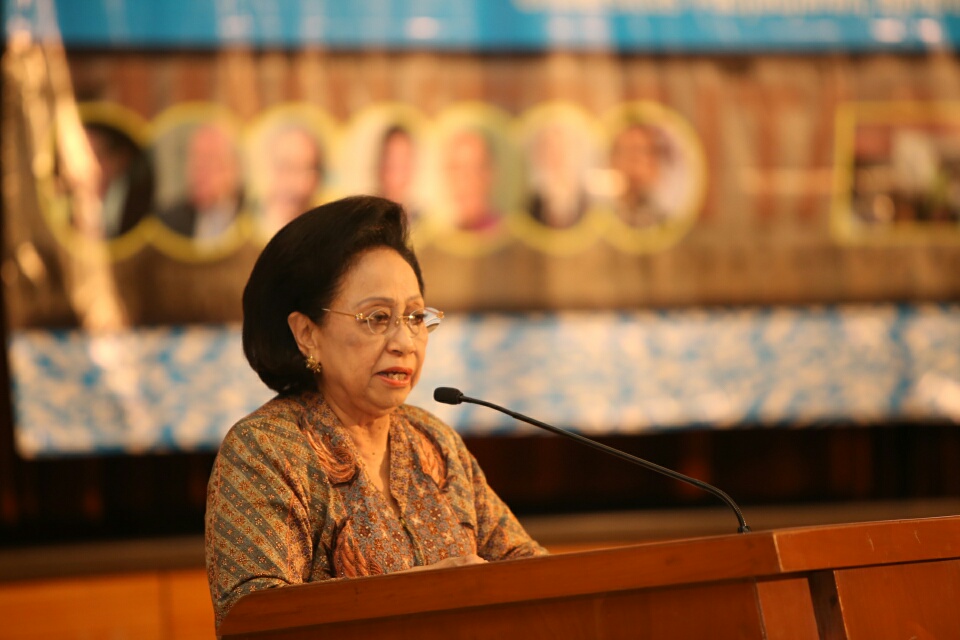
Bantuan Finansial Dinilai Tidak Cukup, Dosen Unpad Ungkap Hal Lain untuk Memutus Kemiskinan
Bandung, Jawa Barat – Fakultas Ekonomi dan Bisnis Universitas Padjadjaran menggelar konferensi internasional bertajuk International Conference Integrated Microfinance Management (IMM) for Sustainable Community Development, di Kampus Iwa Koesoemasoemantri, Jl. Dipati Ukur No. 35 Bandung pada 20-21 September. Konferensi yang didukung penuh oleh Fakultas Ilmu Budaya dan segenap fakultas lainnya ini mengundang sejumlah narasumber yang berpengalaman pada bidang IMM, salah satunya pelopor Martha Tilaar Group Dr. (H.C.) Martha Tilaar.
Ketua pelaksana konferensi Dr. Adiatma Y. M. Siregar mengatakan bahwa kegiatan ini dilakukan untuk mengenalkan konsep Integrated Microfinance Management (IMM) kepada masyarakat luas, sekaligus melakukan pencatatan atau pendaftaran aktivitas IMM di Indonesia.
“Kita ingin mengenalkan konsep Integrated Microfinance Management kepada masyarakat umum, termasuk praktisi, pemerintah, dan akademisi. Tujuannya karena konsep ini belum banyak diketahui orang walaupun sebenarnya penerapannya sudah banyak — hanya tidak terinventarisir dengan baik,” ungkap Adiatma.
Selain mengungkapkan tujuan konferensi, Adiatma turut menambahkan bahwa IMM merupakan salah satu tindakan yang lebih dari sekedar pemberian bantuan keuangan. Dirinya percaya bahwa bantuan keuangan yang telah dilakukan, tidak cukup untuk memutus rantai kemiskinan dalam masyarakat. Hal ini tidak terlepas dari berbagai faktor-faktor lain yang juga perlu dicermati, seperti kesehatan, pendidikan, kebudayaan, dan kearifan lokal.
Sejalan dengan pendapat Adiatma, bantuan keuangan yang dilakukan seharusnya seiring dengan upaya pemberdayaan masyarakat. Hal ini bertujuan untuk meningkatkan kualitas pendidikan dan kesehatan yang lahir dari budaya lokal.
“Intinya tidak hanya menyalurkan uang. Tetapi bagaimana uang bisa berguna dengan baik,” imbuhnya.
Meskipun pengetahuan dan konsep IMM relatif baru bagi masyarakat, tetapi sejatinya telah banyak pendekatan yang mirip dengan konsep tersebut di Indonesia. Adiatma memaparkan contoh kasus seperti yang terjadi di Kampung Adat Cireundeu, Cimahi.
“Jadi sebenarnya secara konsep akademik, mungkin konsepnya tidak terlalu dikenal. Tetapi pelaksanaannya sudah banyak terjadi,” tambahnya.
Konferensi internasional ini mendapat respon positif dari berbagai kalangan. Hal ini dapat dilihat dari jumlah peserta sekitar 150 yang berasal dari latar belakang yang beragam, seperti akademisi, pemerintah, dan praktisi. Tidak hanya latar belakang profesi, peserta konferensi ini juga datang dari berbagai macam negara, seperti Indonesia, Malaysia, Tanzania, dan Belanda. Adapun sebanyak 40 makalah turut dipresentasikan pada konferensi internasional ini.
Melalui acara ini, Adiatma kembali menegaskan bahwa proses pengentasan kemiskinan melalui bantuan keuangan semata tidak akan pernah cukup. Hal ini perlu didukung dengan proses pemberdayaan, sehingga mampu menciptakan masyarakat yang berkapasitas dan pada akhirnya terbebas dari jerat kemiskinan.
“Saat orang diberi bantuan keuangan, dia tidak serta merta keluar dari kemiskinan, kalau tidak juga memperhatikan beberapa faktor, seperti kesehatan, pendidikan, kebudayaan, dan kearifan lokal yang sudah dimiliki,” ungkapnya.
Red: Maria Imanuella Dewi Sekartaji
